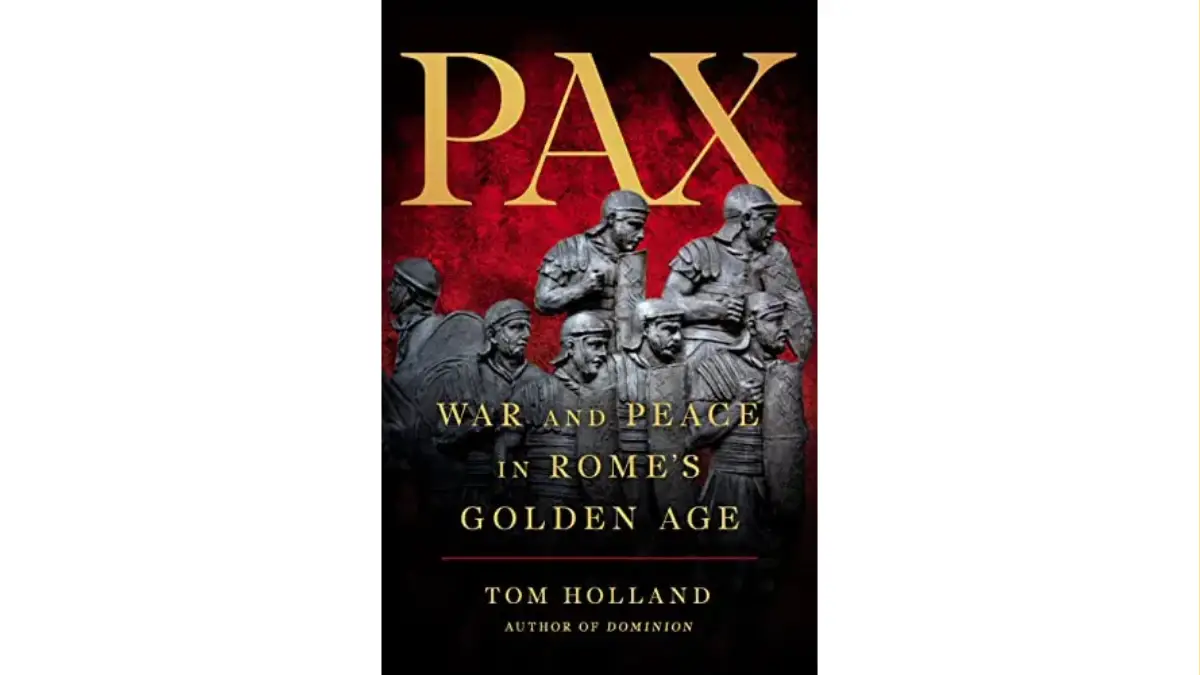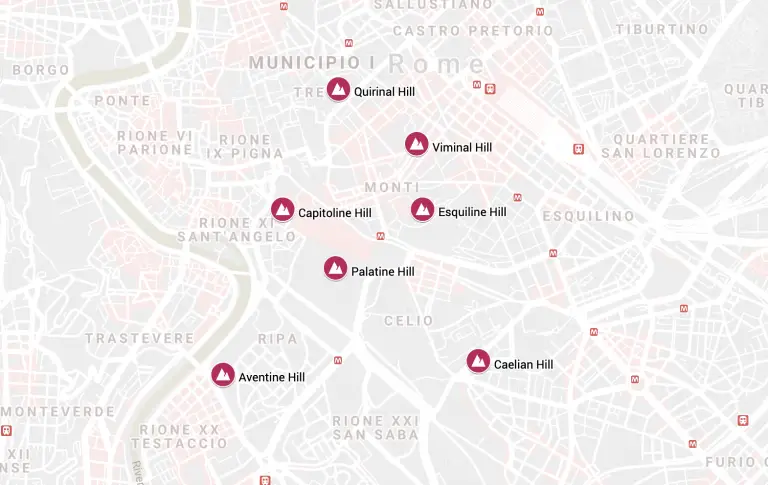
How often do you think about the Roman Empire? If you’re the affable British historian Tom Holland or a fan of The Rest is History, the podcast that he co-hosts with Dominic Sandbrook, the answer is—probably—quite a lot.
Holland’s latest book is called PAX: War and Peace in Rome’s Golden Age. And though it is the third in a series on Ancient Rome, it stands to be one of the most accessible, thanks to its focus on the Pax Romana, a period of peace, prosperity, and legendary events including the destruction of Pompeii and the construction of the Colosseum.
Although it has very much been written to stand alone, Pax is the third in a series of histories. The first, Rubicon, tells the story of Julius Caesar and his age; the second, Dynasty, that of Augustus, Rome’s first emperor, and the line of rulers who claimed descent from him. Pax opens at a key moment in history: the suicide in AD 68 of Nero, Augustus’ last male descendant. with his death, Rome’s first dynasty of autocrats became extinct. what was to replace it? The attempt to answer this question brought a long century of civil peace to an end. In AD 69, four men in succession ruled as emperor. Soldiers slaughtered one another in the streets of Rome, and the capital’s greatest temple was consumed by fire. The year of the four emperors served as a brutal reminder to the Roman people that all their greatness, all their prosperity, might be threatened by the very quality that had originally won them their empire and enabled them to ensure its security: their aptitude for killing. The capacity of the legions to exercise extreme violence was the necessary precondition of the Pax Romana. This is why, in a book about the longest sustained period of peace that the Mediterranean has ever enjoyed, the context should be provided by war.
Pax: War and Peace in Rome’s Golden Age
As part of Holland’s promotion for the book, he and Sandbrook have recorded two excellent podcasts based on excerpts from the book. Have a listen:
And here is Holland reading the introduction to PAX:
PAX is available on Amazon and through independent sellers via Bookshop. Pair PAX with Mary Beard’s books SPQR and Twelve Caesars or with the The Atlas of Ancient Rome.






